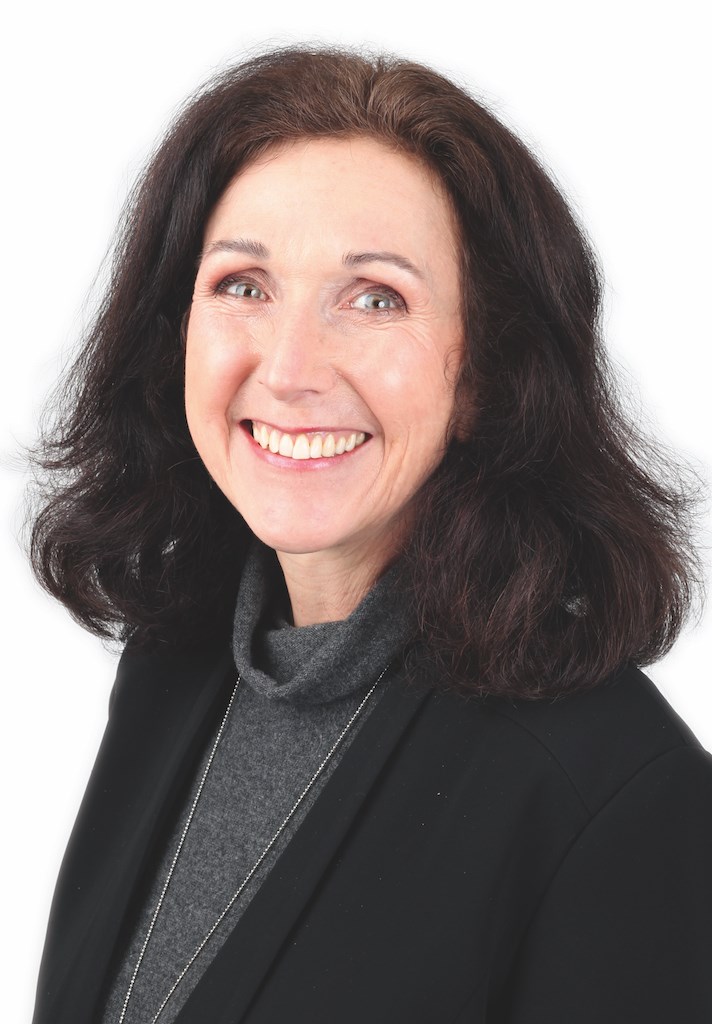Local academic Brenda Morrison is nominated for the inaugural Reconciliation in Action category of YWCA’s 37th annual Women of Distinction Awards.
Morrison is director of the Centre for Restorative Justice and associate professor in the School of Criminology at Simon Fraser University. She’s also involved with a number of community-based organizations. “Brenda is widely recognized for creating reconciliatory relationships with Indigenous communities and through Restorative Justice, creates effective and culturally relevant programming for those who have experienced traumatic losses,” reads a press release from the YWCA.
The new Reconciliation in Action Award recognizes two women––one an Indigenous leader and the other an ally––who have “made a significant and sustained difference across Metro Vancouver by supporting healing and building more just and equitable communities for all people.” There are eight nominees in the category.
Morrison was initially nominated in the educaion category but after her letters of support came in, she was moved into this new category. The YWCA press release highlights innovative SFU classes Morrison created in response to the Truth and Reconciliation Commission and that she’s been on the board of North Shore Restorative Justice, a non-profit that supports North Vancouver, West Vancouver, Bowen Island and Lions Bay, for more than a decade. She also helped create a retreat to support family members of missing and murdered Indigenous women and girls.
If the biography isn’t enough evidence (Morrison has also presented papers at UNESCO as well as the U.K.’s House of Lords, has founded groups and sat on many a board) one minute speaking with the long-time advocate reveals her passion for restorative justice.
“Restorative justice is about building a healthy relational ecology,” says Morrison. “What we want is people to take responsibility for their own behavior and manage relationships in healthy ways.
“That’s why we have conversations between victims, offenders and communities, because we know when people have a sense of belonging and accountability to each other, that keeps a lot of people out of harm’s way.”
“So we want the same things happening in schools because when we manage relationships in a healthy way in schools, then we keep them there,” she says. “Once we start excluding young people from schools, that sends them into the criminal justice system.”
“There’s something called the school to prison pipeline that’s very well documented in the United States,” says Morrison. “And the kids that we push out at school start feeling alienated, it’s a theme that carries on in their life and they make poorer and poorer decisions.
“In the United States that’s mostly characterized by African American males [who] make up the school to prison pipeline and in Canada, that pipeline is made up of Indigenous people.
“Indigenous people don’t feel included in school for many different reasons,” says Morrison. “They’re more likely to get expelled from school and if you go into the criminal justice context, that is where we find the disproportionate representation.
“Given that the average population in Canada is four per cent Indigenous, go to a male [correctional] institution a quarter Indigenous. If you go into a female institution, half are Indigenous.
“Even though crime is going down and we’re locking up less people in general, Indigenous women are the fastest growing population in our jail system,” says Morrison. “So that’s a reflection that we’re not meeting their needs on the outside.”
“The big umbrella for my work is disrupting, in a good way, the school to prison pipeline to build healthy relationships for our most vulnerable members of society.”
Later in the conversation Morrison noted, “In particular here in Canada, a lot of restorative justice practices are informed by Indigenous practices.”
It is also an interesting time to be talking of reconciliation when signs in support of the Wet’suwet’en Nation declare that “Reconciliation is dead.”
When asked what she thought about this, Morrison replied, “For me, reconciliation is more of a verb than a noun. That this is this will always be ongoing work.
“The work of reconciliation is really about learning and growing together across different ways of knowing, different worldviews because I think the strength is in our diversity of perspective, as non-Indigenous and Indigenous people.”
Discussion also turned to decolonization of a colonial institution.
“Decolonization is really important process and Indigenisation is an important [process] and they are parallel but mutual,” said Morrison. “We need to be doing both.
“It’s really my job when it comes to [Indigenizing] is to…use my privilege to open the institutional space and to get out of the way.
“Just open a space to learn and grow through another worldview and different rituals and processes [so]that the local Indigenous people can inform these institutional practices.”
Last week, the YWCA held an event for all the Women of Distinction nominees at the Hyatt Regency in Vancouver. Morrison attended with two women she’s been friends with since high school (one of which was a Women of Distinction nominee last year) and her daughter. “I wanted to pull together the old and the new,” laughs Morrison. “And, you know, to inspire my daughter in terms of she’s at an important developmental stage.”
“Women are doing so many amazing things that you want just to spend 15 minutes with each of them or even have a really great dinner party,” she said.
YWCA will announce award recipients May 11 at an awards dinner at JW Marriot Parq Vancouver.



